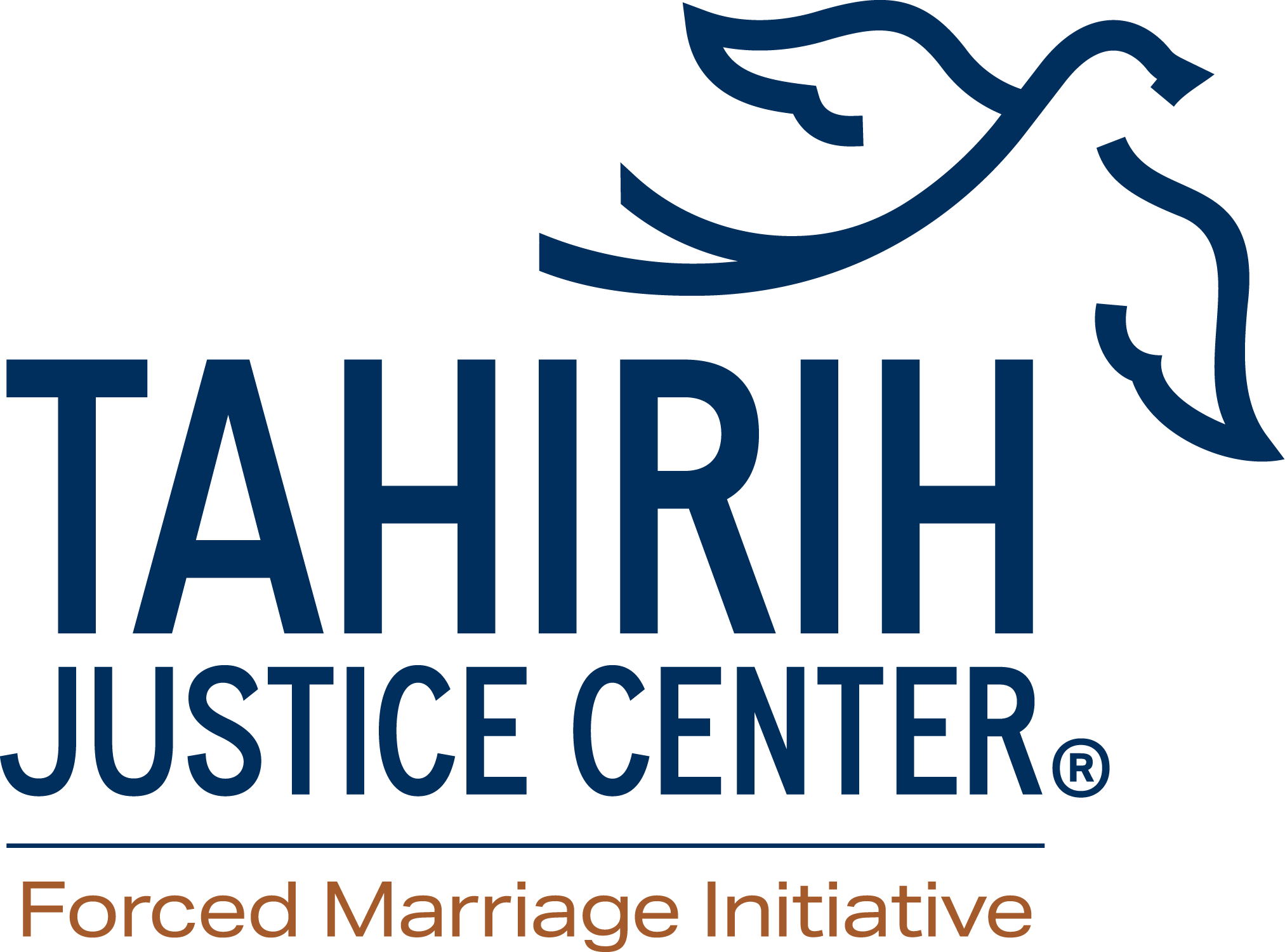How To Help
Individuals facing or fleeing forced marriage often run into barriers when seeking help, and the first people they may turn to are their friends, teachers, and school counselors.
Individuals at risk are often dealing with feelings of fear, shame, and isolation, and may be facing threats of violence or retribution for seeking help. Often they feel that they are the only ones experiencing this form of family violence and are unsure who they can safely ask for help or where to go for assistance.
Some individuals will directly ask for help to avoid or leave a forced marriage, or it may be clear they are facing a forced marriage because all the red flag indicators are present. In other cases, individuals may feel confused, conflicted, or may hesitate to ask for help or fully disclose what is happening (for example, an individual may say they are not going to return to school the next year, or are concerned about a family trip abroad during the summer).
If you are wondering if someone close to you – a friend, student, family member, or client – is at risk of forced marriage, below are some warning signs and triggers to consider:
Family History:
- Siblings that have been forced to marry or had early marriages in the past
- Self-harm or suicide attempts by siblings
- Regular family disputes
- Individual subjected to unreasonable restrictions such as “house arrest” and control of movements
Education/Employment Issues:
- Frequent and persistent absence from school or work
- Decline in behavior, grades, punctuality, or performance
- Fear of upcoming holidays or break and unsure if they will return to school or work
- Not allowed to attend extracurricular activities
- Prevented from going on to higher education
- History of siblings leaving education early to marry
- Surveillance and monitoring by family at school or work
- Parental control of income
- Withdrawal from school by parents or forced by family to quit job
Law Enforcement Issues:
- Family reports individual for substance abuse, theft, shoplifting, or other offenses
- Reports of violence, abuse, or death threats in family home against the individual or other family members
- Individual or their siblings are reported missing after fleeing abuse at home
Health Issues:
- Early, unwanted, or concealed pregnancy
- Anxiety, depression, isolation, or emotional withdrawal
- Self-harm or attempted suicide
- Substance abuse
- Accompaniment by family members to doctor visits and not allowed to speak with physicians privately
If you or someone you know is facing a forced marriage, the Forced Marriage Initiative at the Tahirih Justice Center is here to help. Contact us or Request Assistance Now.
*The information above has been modified from the UK Multi-agency Practice Guidelines.



